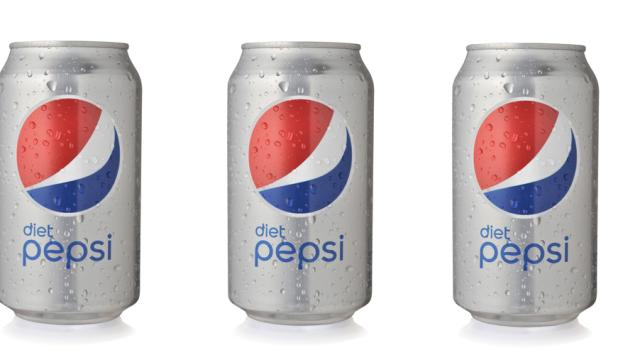You might not know it from certain conspiracy-minded corners of the Internet or 1990s-era chain emails, but aspartame is one of the most well-studied food additives ever. And yes, it is safe. Pepsi’s decision today to replace aspartame with, oh, another chemical sweetener may be a canny PR move — but it’s really a win for widespread misinformation.
So here’s the deal: Pepsi is swapping out aspartame for sucralose, which is better known as the stuff behind Splenda. Diet Pepsi is still going to have a second sweetener, acesulfame potassium or ace K, which it quietly slipped into its sodas back in 2012. That move the company was less eager to publicise because, you know, it wouldn’t score them good publicity points.
All three artificial sweeteners have been deemed safe by the FDA and its stricter European counterparts. Of course, it is possible to cherry-pick studies that say, for example, ace K causes chromosome abnormalities in the bone marrow of mice. But that’s why scientists examine whole bodies of evidence and disregard the studies that are poorly designed, like that bone marrow one.
And it’s aspartame that has the greatest body of evidence supporting its safety. The FDA has called aspartame, “one of the most thoroughly tested and studied food additives the agency has ever approved.” Over 100 toxicology and clinical studies to review support the conclusion that aspartame is safe. The European Food Safety Authority agrees.
But the “aspartame causes cancer or another big scary disease” trope somehow persists in our culture. There are true fear-mongering sites out there, operated by quacks like Joseph Mercola. And there is a very persistent hoax email from the 90s that refuses to die. But there are also the otherwise reasonable Diet Coke addicts I know who casually joke about how their habit will one day kill them.
In Pepsi’s announcement today, an executive pretty much admitted there was no scientific basis for the move. “While decades of studies show aspartame is safe,” he said, “we recognise that consumer demand is evolving.” There is a huge gap between perception and scientific reality when it comes to aspartame, and Pepsi’s move only reinforces it.
It’s good business to listen to your consumers, of course, but when their beliefs are fuelled by scaremonger campaigns against “yoga mat chemicals” or aspartame, it is loss for, well, truth.
Top image: Chones/shutterstock
